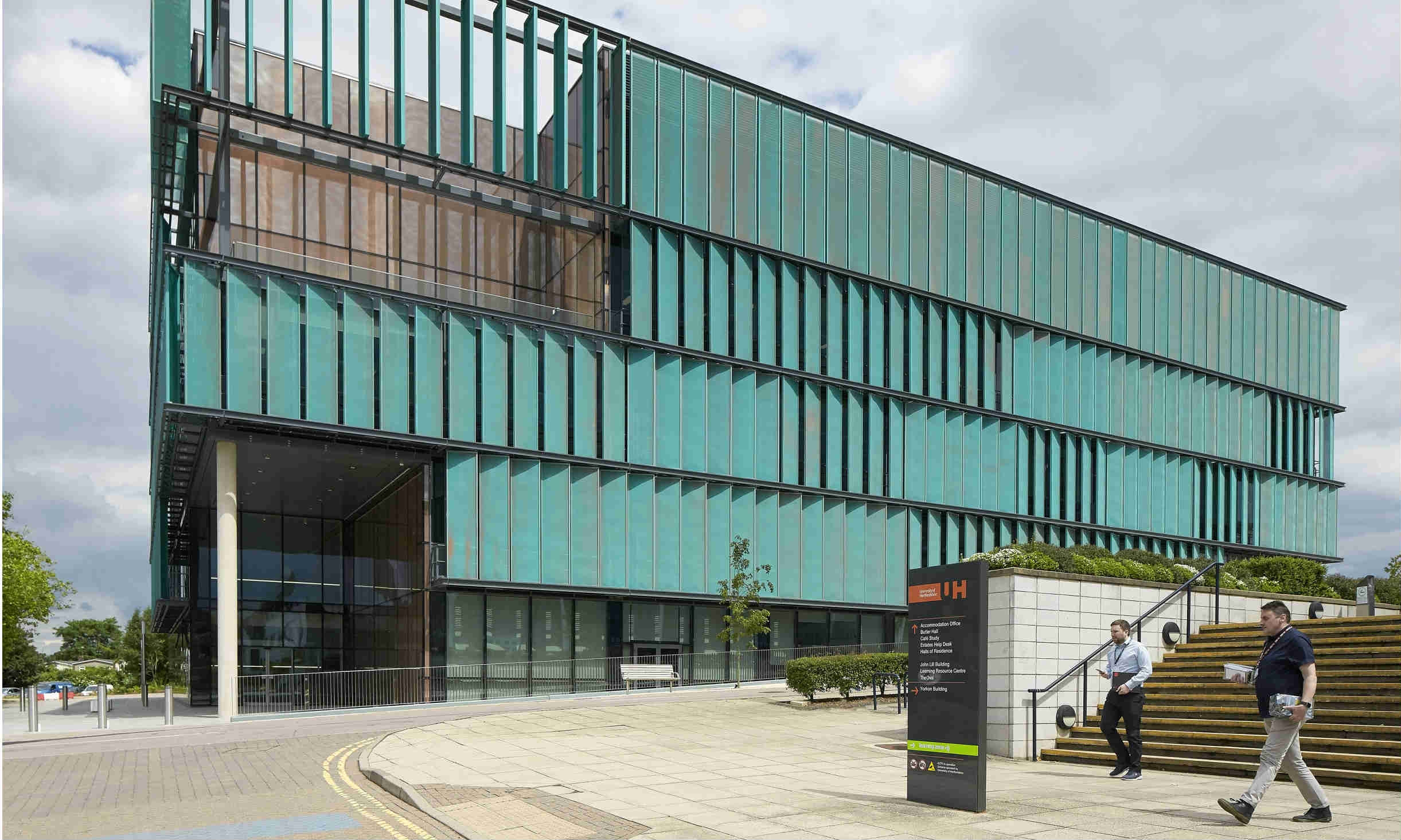Association of University Directors of Estates’ (AUDE) past chair and director of estates and facilities at the University of Surrey, Trevor Humphreys, discusses financing the HE sector in a post-Brexit world when profit is still seen as a taboo.
In March this year, Philip Hammond delivered his annual spring budget and as we all know even the government are trying to achieve a surplus. The Higher Education sector continues to face monumental challenges and how funding opportunities will fit in a post-Brexit picture with new HE legislation on the horizon is still unknown. It’s more important than ever that we create environments for our students and staff that we can be suitably be proud of, but in order to do this we need access to capital and be able to invest. However, profit is still a taboo but universities need to continually explore ways of ensuring that they are financial sustainable.
In January this year our AUDE Big Conversation event explored financing HE and what options universities and directors of estates have in securing funds in a post-Brexit world. We have never seen a higher education institution go bust and for years we have been a fiscal safe bet for investors. The Treasury has backed various campus projects across the country, UCL was able to borrow a record £280m in an expansion project and Cardiff University raised £300m, the lowest interest bearing bond issue ever for a UK university. However, following the referendum universities began to slip in the world rankings which caused a growing concern for financiers. One of the biggest challenges we now face is having credit ratings cut over funding fears. We need to find alternative options.
Reputation
A number of challenges exist including: The possible Brexit impact (student numbers, research income, EU and non EU staff and the immigration environment), the proposed regulatory change (HEFCE replaced with the Office for Students, Teaching Excellent Framework, fast track private providers and general uncertainty). All of this will mean that investors will focus more on individual institutions and their financial strength and the strength of the university strategy and leadership.
So what can we do to obtain more funding and prevent vulnerability? In short, Universities need clear strategies, strong leadership and have long terms plans to be financially sustainable. Many of our higher education institutions are global research powerhouses. According to a recent Times Higher Education report, five UK institutions were named among the top 10 “most international”.[i] It would be prudent for other universities to focus on strategies to develop or maintain their credentials as international universities so to exploit new markets in the lead up to Brexit.
UK universities get an estimated 2.6% of their total income and around 16% of their research income from EU funding. The ability to continue to access European funding for research is a key concern for the higher education sector and for politicians. However, it’s a positive step in the right direction to see that MPs are counselling the opinions of thought leaders in the sector to see how this can be protected
Commercial links with local communities
It is important to remember universities are registered charities and any surpluses created will always be reinvested for the benefit of students and staff. However, in order to future proof HE institutions, universities need to be commercially minded. Universities must now act like businesses, but in a sector where profit is still seen as a ‘dirty’ word, it’s important the sector becomes open and transparent about money to secure its future success.
Many universities make a surplus from using facilities for commercial purposes, especially around conferencing. Working more closely with businesses and communities to drive local and regional economic growth will also be key to in securing capital. The University of Sheffield signed a deal to secure 50 acres of land at the Sheffield Business Park, in order to co-locate their research centres with local manufacturing businesses. The aim was to share space, knowledge and expertise to bring fundamental changes to the regional and national economy. The project delivered over 4,000 jobs and generated over £210m per annum (in gross value added) to the regional economy.
Asset sharing with local communities and businesses will be more important than ever. These commercial deals, enhance the confidence from investors and secure institutions as safe bet resources to grow the local economy.
The future remains uncertain and the higher education sector has many challenges to face throughout 2017 and beyond. When government funding is unpredictable and our reputation as secure financial investments is at risk, it is our job as university professionals to ensure we remain financially sustainable, maintain the confidence of the communities that we serve and strengthen the appetite for our sector for investors. To do this we have to make a surplus but we have to continue to invest.
[i] https://www.timeshighereducation.com/features/worlds-most-international-universities-2017


